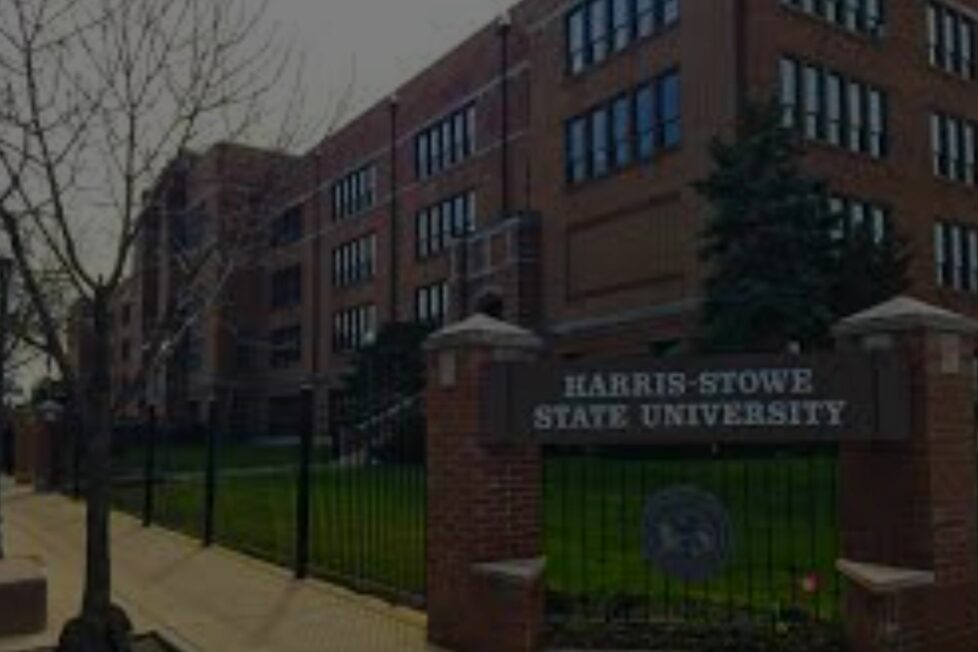HBCUs revamping admissions policies amid affirmative action decision


By: Stacy M. Brown / NNPA
In the wake of the Supreme Court’s recent decision to end affirmative action in college admissions, Historically Black Colleges and Universities (HBCUs) have taken steps to adapt their admissions policies.
With the expected increase in applicants, HBCUs reportedly are gearing up to become more selective, aiming to maintain the quality of education they provide.
Last month’s ruling by the high court, which prohibits colleges from considering race during the admissions process, has sent ripples through the academic landscape.
For many universities, affirmative action has been crucial for fostering diversity and inclusion.
While not entirely unexpected, the decision poses a significant challenge to HBCUs, which have historically played a pivotal role in educating Black graduates and promoting racial diversity.
The Root reported that HBCU leaders anticipate a surge in applications from students seeking environments that encourage open discussions about race during the admissions process.
The schools have long served as bastions of support for Black students, especially in the face of systemic challenges like underfunding, housing shortages, and aging infrastructure.
Compared to predominantly white institutions, The Root noted that HBCUs have also struggled with subpar cybersecurity measures and limited WiFi access, further adding to their uphill battle.
“If our applicant pool doubles, we could not double our student body without seriously compromising the quality of our education,” David A. Thomas, the President of Atlanta’s prestigious Morehouse College, told the outlet.
With Morehouse College expecting a significant surge in applications over the next three years, maintaining its commitment to providing an economically diverse student body is at the forefront of its agenda, Thomas asserted.
To combat some aspects of the Supreme Court’s ruling, Aminta Hawkins Breaux, President of Bowie State University, suggested the inclusion of an essay component in admission applications as a possible measure.
She said that approach would allow students to reflect on their experiences and articulate the importance of race in their lives and aspirations.
Meanwhile, Morgan State University’s Admissions officials reportedly are contemplating using essay prompts or letters of recommendation to encourage applicants to engage in meaningful discussions about race.
As the spotlight shines brightly on HBCUs after the affirmative action verdict, officials at those schools maintain that they are determined to rise to the challenge and continue their commitment to fostering diverse, inclusive, and intellectually stimulating environments.
“Historically Black colleges and universities are carrying an outsized burden to diversify so many industries in America,” Howard University President Wayne A.I. Frederick, said in a nationally televised interview. “We represent only 3% of the higher [education] institutions, but we are responsible for 25% of the bachelor’s degrees.”
Frederick called the court’s decision, “unfortunate.”
He added that, “By not allowing race to be considered in admissions elsewhere, you can put an even more outsized burden on historically Black colleges and universities who don’t have the capacity to carry that type of a burden.”
Frederick further acknowledged that HBCUs admissions decisions now will become more complicated.
“Obviously, we all are going to be kind of avoiding lawsuits, and so trying to have a very sterile process,” he asserted.
“It is going to be almost impossible, and trying to create one is going to be far more difficult today given this ruling. So I think that we are all going to have to look at the rules very carefully.”
Finally, Fredrick told CNN that the ruling could put an additional burden on HBCUs to produce more graduates to work in various industries and set up institutions to worry about legal challenges that could be presented over admissions.
“So, it is going to be a road that is going to require a lot more resources. I think that for institutions that don’t have as many resources could be blindsided by lawsuits about this,” Frederick said.
